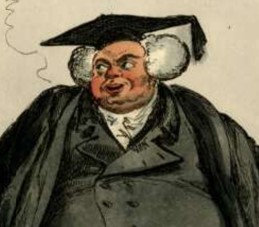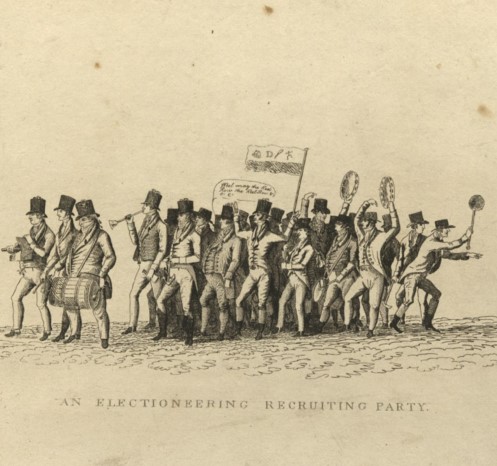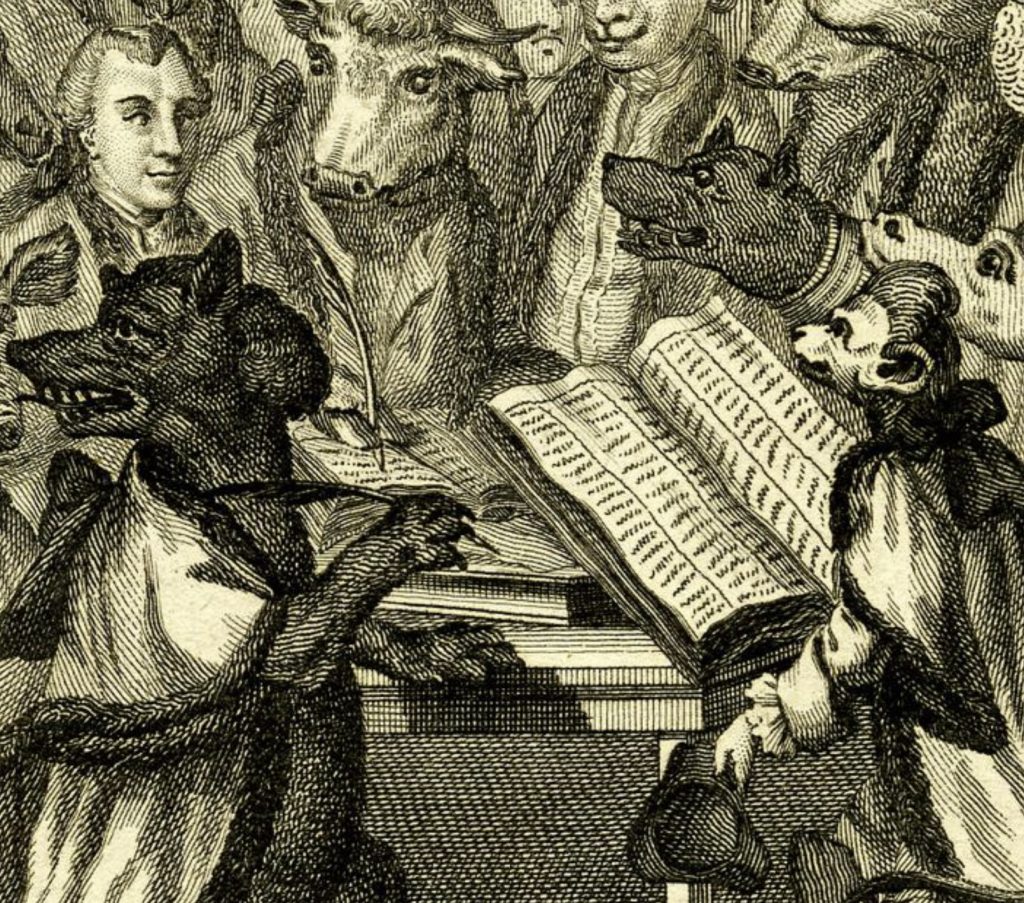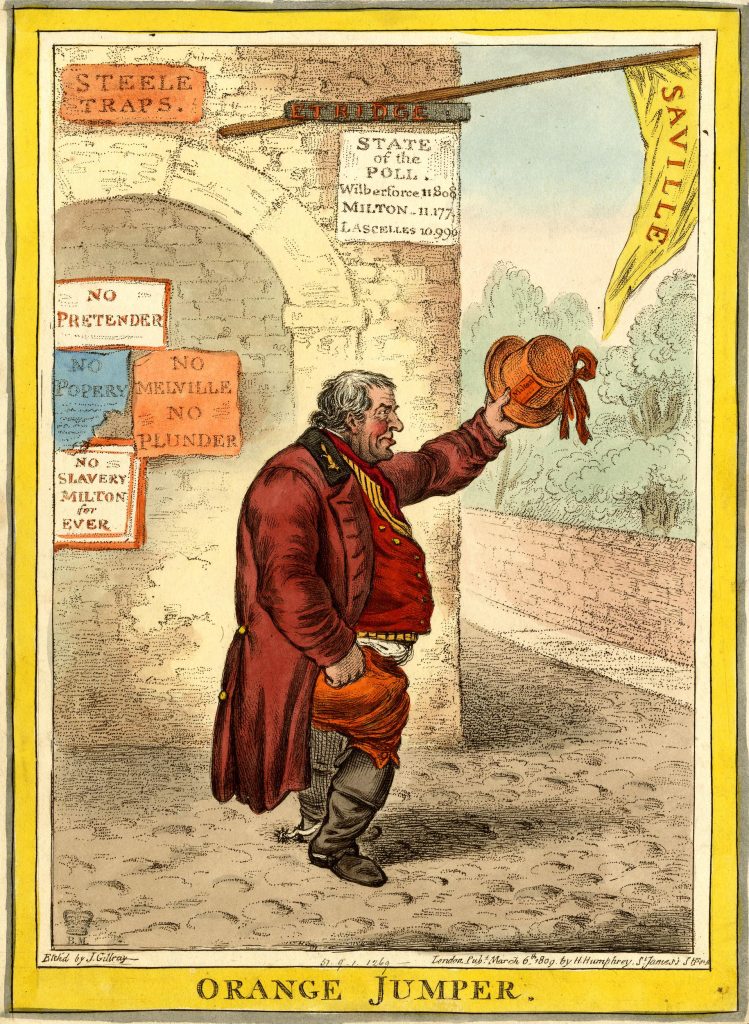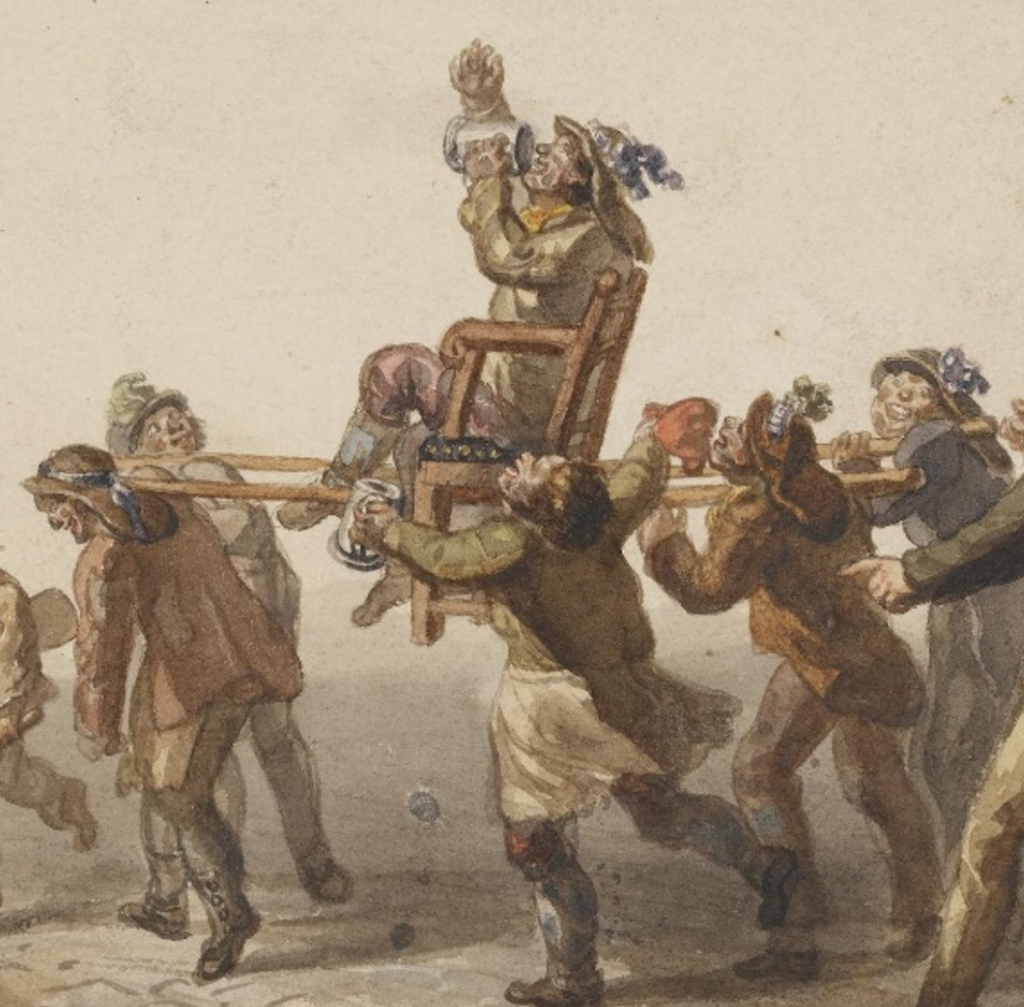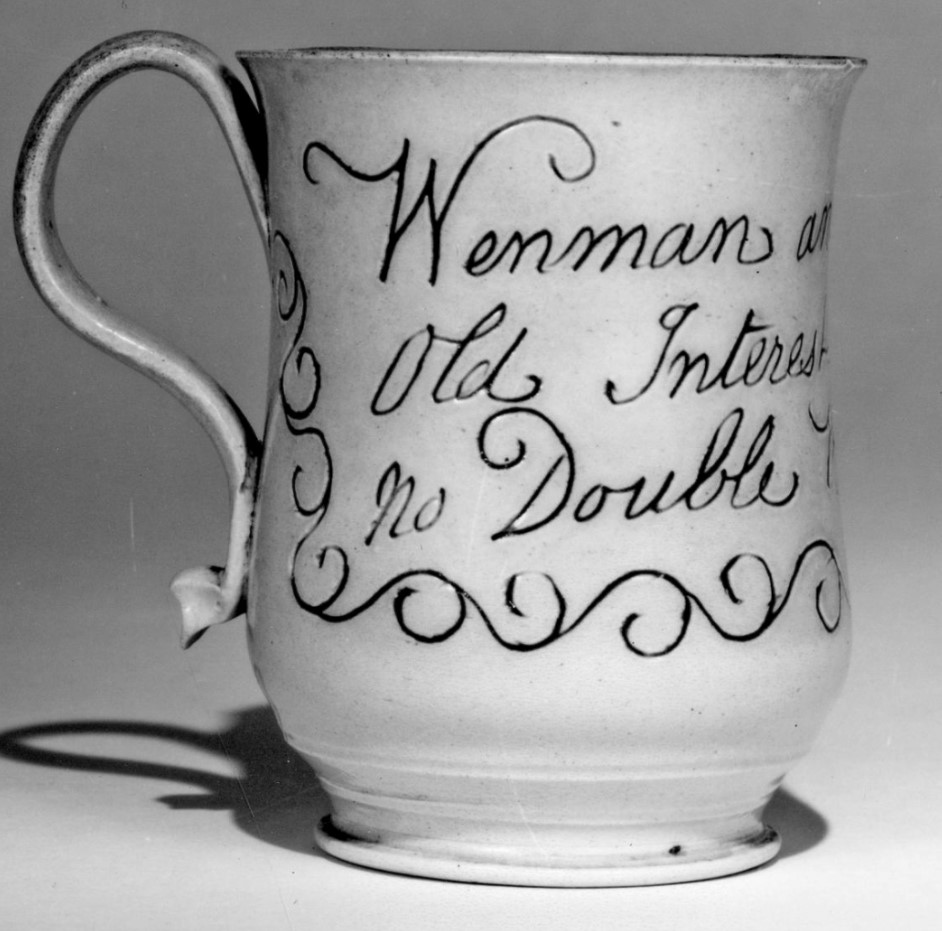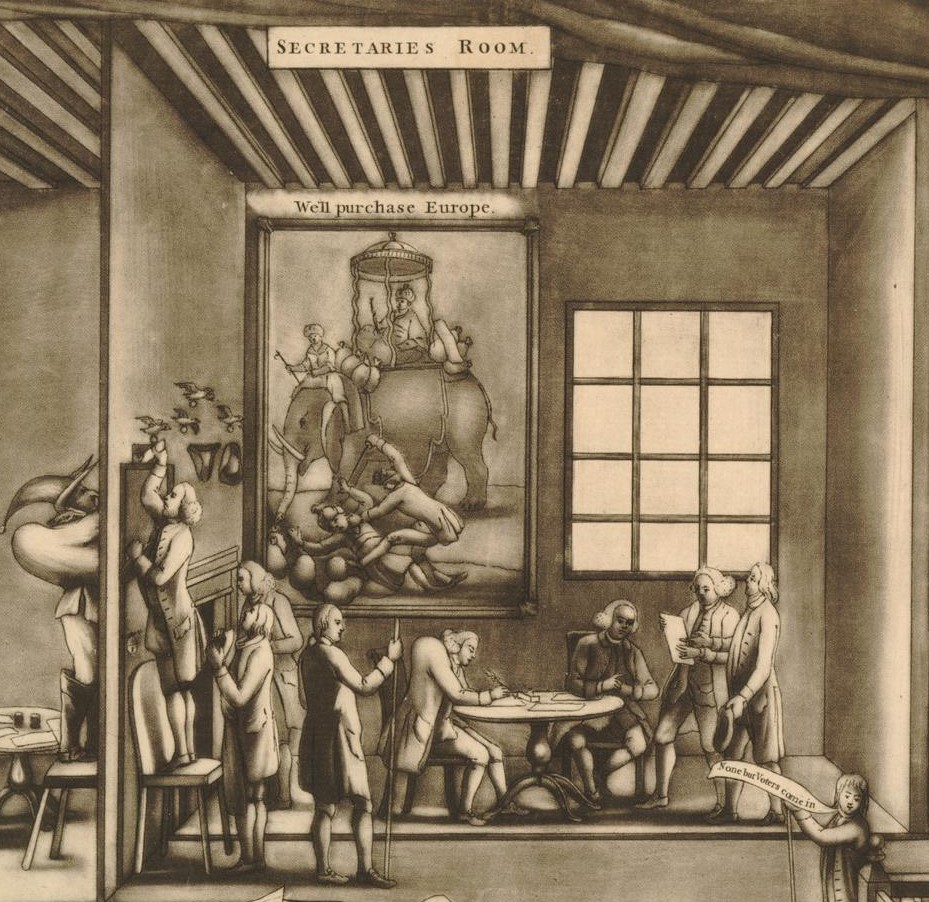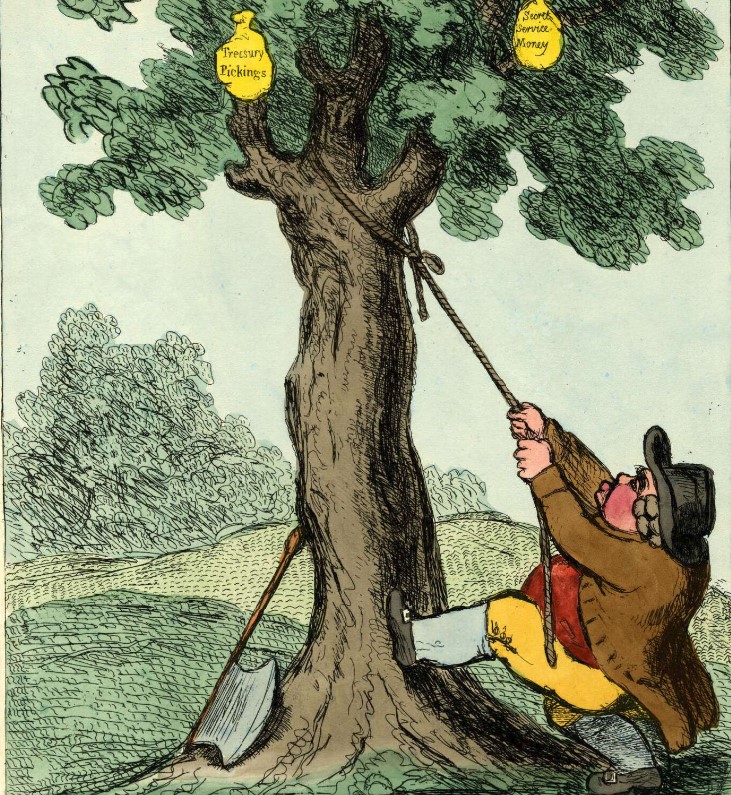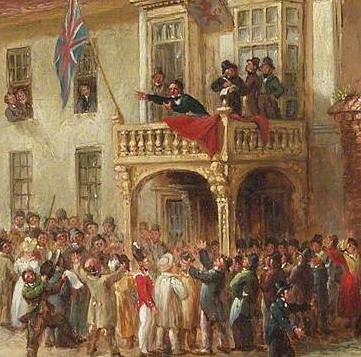Nigel Aston on the peculiar representation of Oxford and Cambridge universities [15-minute read] University constituencies and their distinctive characteristics The Universities of Oxford and Cambridge had each been granted two parliamentary seats by James I in 1604 and stood apart from the customary county/borough divide. They existed, in the words of the great jursit Sir […]
University Constituencies
